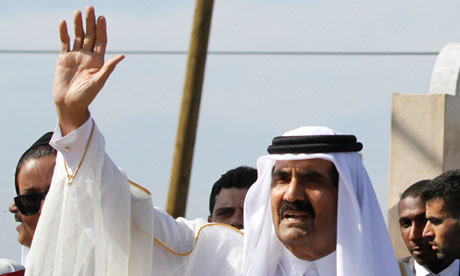By Brendan Oliver Bergh
Impunity Watch Reporter, South America
BRASILIA, Brazil -Following London and South Africa, Brazil is set to take the world wide spot light as they are slated to host the 2014 FIFA World Cup and 2016 Summer Olympics. But while London and Johannesburg questioned their infrastructure, Rio de Janeiro is worried about their police. Authorities wrapping up a year long investigation have ordered the arrest of over 60 officers stationed in the Brazilian paradise for accepting bribes related to drug trafficking.

The allure of bribery is easy to see. Underpaid, officers can supplement their meager paychecks by looking the other way. According to the investigation, an officer could receive approximately $1,200 while patrolling certain areas.
Police Force Commander Erir Ribeiro commanded “We can no longer accept the humiliation of deviant conduct practiced by a few.” Their effort in Operation Purification was intended to ensure the security and restore lost legitimacy to Rio De Janeiro infamous corrupt police force. In a quick sweep, a total of Operation Purification arrested a total of 63 police officers and 11 drug traffickers were brought into custody and currently await trial. Another 2 Police officers and 7 alleged drug traffickers currently have warrants out for them. All arrested officers were members of the same police battalion in Duque de Caxias, located within Rio de Janeiro’s police jurisdiction.
Charges against these officers range from accepting monthly bribes from the Red Command, one of Rio’s most influential and dangerous drug organizations, to racketeering, weapon smuggling, kidnapping and extortion from kidnapping drug dealers and ransoming them back.
Operation Purification is just the latest in Brazil’s attempt to clean up the country before the international community shines its spot light on the Latin American paradise. In early October, police raided the slums of Rio de Janeiro in an attempt to seize weapons and arrest those involved. However they announced their raid to the community days in advance. While police claim that this reduces violence, the effectiveness of the strategy leaves quite a bit to be desired, with critics noting that this official police practice simply gives criminals a chance to escape.
Earlier this week the heads of the Sao Paulo police force were fired after the bloodiest week in the cities recent history. As drug violence continues to run rampant throughout the country many are convinced that only drastic change will make them ready for the international limelight.
Public Security Secretary expects at the very least those arrested during Operation Purification will be expelled from the force.
For further information, please see:
Atlanta Black Star – Dozens Of Brazilian Police Arrested For Corruption And Drug Trafficking – 5 December 2012
CNN – Brazil: Dozens Of Police Officers Arrested, Accused Of Taking Bribes – 5 December 2012
Belfast Telegraph – Brazil Police Held In Graft Probe – 4 December 2012
New York Times – What’s Killing Brazil’s Police? – 1 December 2012
Associated Press – Heads Of Police Force Replaced In Brazil’s Largest City – 27 November 2012



